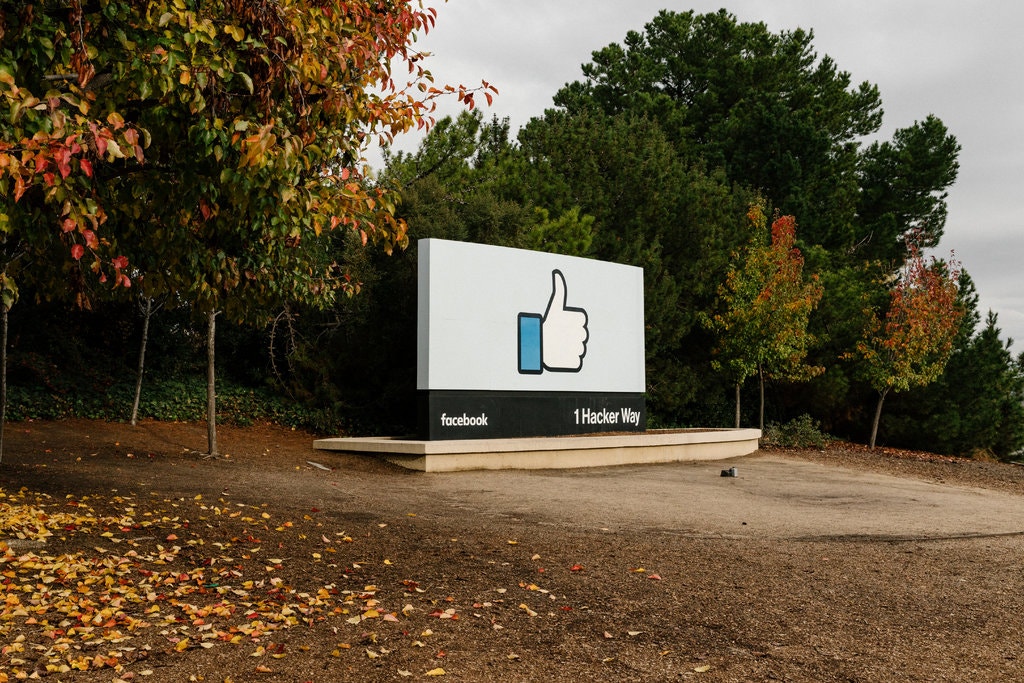
There are only two instances where humans are regarded as users, drug use and social networks. On Wednesday, Facebook agreed to pay $550 million dollars in a class action lawsuit to the state of Illinois regarding their facial recognition software. As one of three states with their own standalone biometric privacy laws, Illinois proves to be the most comprehensive, requiring companies to obtain written permission before collecting a person’s fingerprints, facial scans or other identifying biological characteristics. Cloaked within rising administrative fees, this lawsuit is not an exception of its kind and coincides with heightened public concern over the spread of these powerful technologies.
Large companies have also explored delivering these facial recognition services to law enforcement agencies to help them identify suspects. Though laws like the one introduced in Illinois in 2008 have been effective in curbing the influence of these recognition softwares, the courts are losing the ability to deal with and decide on such highly personal information. In fact, in 2012 Facebook deactivated this facial recognition feature in European accounts because of the various questions and settlements raised and just recently reintroduced the software.
In the new wake of social media scrutiny, this sum of money seems like a small drop in the ocean of privacy concerns. It is visibly apparent that the price of online connection comes at the expense of our security and ability to actively know where our data is traveling to. However, it would be foolish to not recognize the beauty and absolute ingenuity in these softwares themselves. The potential to solve crimes, identify our loved ones, and share experiences across digital platforms is one of the greatest artistic feats of our century. These technological capabilities bring us from a historically local perspective to one that allows for various voices to be amplified within this platform. But, is it criminal that oftentimes, these softwares allow for the amplification of data collection, the predictions of our desires, and the deafening sound of a few voices in the sea of opinions? Or should we be concerned that innovation with such potential can be hindered by our futile attempts to keep our lives private? The state of Illinois may believe the first concern, but what about the rest of the world? How will we find the boundaries and limits to what our misconstrued notion of privacy is worth? I believe it will be by trial and error, or in this case, by trial and class action lawsuits.







I really believe any large company bearing any information about you will use it to take advantage of you, and any benefit that you gain from it is purely incidental, or part of the system which wants to make you more and more dependent on that service. There is no individual solution other than to completely detach from society at large, which has all of its own downsides; our current living situation is truly a catch-22.
Facebook in particular is just an awful company, as, not only do they not care about anyone’s privacy, they also don’t care about vetting misinformation and hate speech (for the interested, look into the Rohingya genocide and Facebook’s involvement in it).